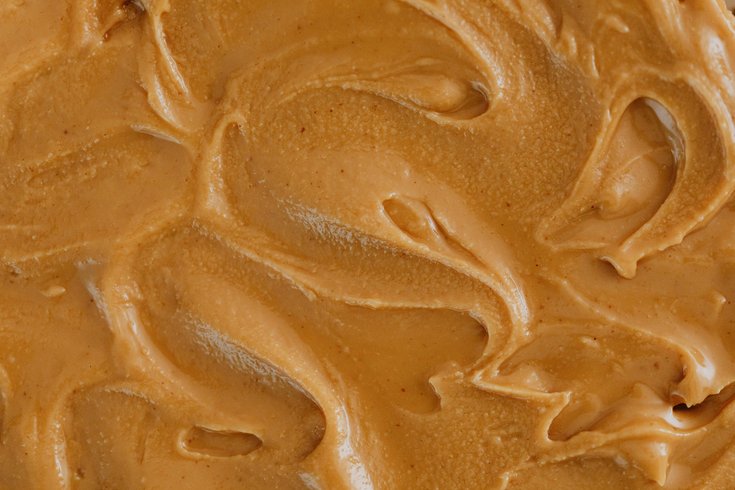
May 29, 2024
 Karolina Grabowska/Pexels
Karolina Grabowska/Pexels
New research shows that the benefits of early peanut exposure last at least through age 12.
Babies who are exposed to peanuts early in life are less likely to develop allergies to them, a new study said.
Giving peanuts to infants as young as 4 months old reduced the risk of them having an allergy in adolescence by 71%, according to findings published Tuesday in the journal NEJM Evidence. The study was an extension of research from 2015 and 2016 that indicated the early introduction of peanut products reduced the risk of an allergy at age 5 by 81%.
The findings "should reinforce parents’ and caregivers’ confidence that feeding their young children peanut products beginning in infancy according to established guidelines can provide lasting protection from peanut allergy,” said Dr. Jeanne Marrazzo, director of the National Institutes of Health’s National Institute of Allergy and Infectious Diseases, which sponsored the study. “If widely implemented, this safe, simple strategy could prevent tens of thousands of cases of peanut allergy among the 3.6 million children born in the United States each year.”
The new research reassessed about 500 children, who were involved in the original research groups, at about age 12.
According to the Children's Hospital of Philadelphia, approximately 2.5% of children in the United States have peanut allergies. It is one of the most common allergies among children.
In 2000, the American Academy of Pediatrics recommended that parents keep children away from peanuts at least until age 3. After the publication of the earlier part of this research, the AAP changed its stance in 2017, advising parents to introduce peanuts to children as early as four to six months.